Kelvin Poho wanted to be a technician who worked with electrics ever since his father first took him to see one of Zesco’s plants as a young boy. “My dad was working there as a driver and he used to take us to see the plant: how it operates, how electricity is made… That’s how I got the inspiration to work in electrics,” explains Kelvin.
He was born in Kabompo in North-Western Province and grew up with seven siblings. By the time he finished secondary school, his father had already retired so, sadly, studying further wasn’t financially viable.
Then one fateful day in late 2011, he saw a poster for a new Solwezi-based skills training centre called Kwambula Trades Training Institute. It was being built by Kansanshi Mining Plc with the goal of empowering academically-capable Grade 12s students in the local community who didn’t have the financial ability to go to college or university.
At the time, the school was accepting applications for three-year courses in three trades: Metal Fabrication, Mechanical Fitting and – much to Kelvin’s delight – Power Electrical. He applied for a three-year course in Power Electrical, and hoped for the best.
A few months went by, during which he was working in Kabompo for Zambia’s judiciary, first as a court messenger and then as acting interpreter – thanks to a flair for local languages, and his father’s insistence that his children learn to speak to people in their native tongue.
Before long, the life-changing news arrived: he would be given a full scholarship for a three-year course in Power Electrical, with a monthly stipend to subsidise his living costs for the duration of the programme.
In January 2012, he joined Kwambula’s very first cohort of students. His dream of becoming an electrical technician had finally been set in motion.
In January 2012, he joined Kwambula’s very first cohort of students. His dream of becoming an electrical technician had finally been set in motion.
Hands-on training
Each school year, Kelvin and his classmates spent a couple of months learning the theory behind their area of specialisation, followed by a couple of months on-site at Kansanshi. “After learning the theory, we would then do practicals for a couple of months, to have a clear understanding of what we’d learned, and acquire some experience. This made me fully exposed to what I learned at Kwambula, and benefited me in my electrical career a lot,” says Kelvin.
He learned how to interpret various types of electrical circuit, gained an understanding of industrial and domestic wiring, and was trained in all electronics and electrical components that he’d encounter on a mine site, including different types of motors.
“The program was set up in such a way that, by the time a student is completing an internship program, they would have acquired the necessary experience to work anywhere around the world,” explains Kelvin.
After three years at Kwambula, during which he and the other students spent 12 months in class and 24 months doing practical training on-site at Kansanshi, Kelvin was examined by the Technical Education Vocational and Entrepreneurship Training Authority (TEVETA).
He received a Craft Certificate in Electrical Engineering. The world was his oyster.
“By the time a student is completing an internship program, they would have acquired the necessary experience to work anywhere around the world,” explains Kelvin.
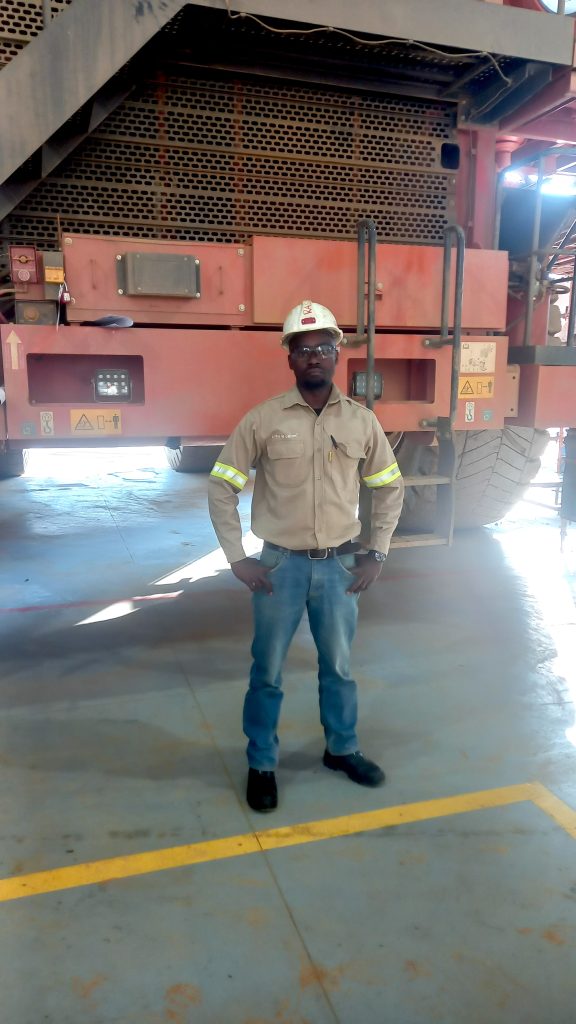
From the classroom to a career
There is no requirement that Kwambula graduates repay tuition fees. At the time, there was no obligation for Kelvin to take up employment at Kansanshi – or any of First Quantum Minerals’ other operations. But, because Kwambula’s students receive top-notch training, competitor mining companies are quick to try and lure new graduates so, in 2023 Kansanshi introduced a three-year bonding clause, after which they can work wherever they like – although most choose to stay at Kansanshi.
“Generally, graduates are the ones putting pressure on FQM to work there,” says Kelvin.
Since the institution was opened, every one of the 404 students who have been trained at Kwambula and did their practical studies at Kansanshi have been employed by the Solwezi-based mining company. Kelvin landed a job as an artisan electrician at Kansanshi in 2017, and he’s been with the company ever since. “In 2021, I was elevated to technical advisor,” he says.
While Kelvin was working as a technical advisor, he gained knowledge about the inner workings of heavy machinery, from various types of Caterpillar trucks, to Hitachi dump trucks that can carry over 150 tonnes (or over 30 elephants) in a single load. A couple of months ago, he began putting all that experience to use in a new role.
He’s now working in the mine’s Planning and Scheduling department, where he monitors each of the dump trucks in Kansanshi’s fleet to ensure they’re running smoothly. “You can’t do the planning for a machine if you don’t have a history of working with it,” says Kelvin. “We basically follow the same principle that’s applied in the plant: we want to avoid breakdowns. So we schedule the machines in for services based on when the components are likely to fail.”
His job helps to maximise operational efficiency at the mine and, crucially, to ensure the safety of the dump trucks and their operators.
Upskilling Zambians and ‘Igniting Hope’
Since Kwambula Trades Training Institute opened in 2012, Kansanshi has been funding it at a cost of over US$1 million each year – above and beyond the initial capital outlay for the construction and equipping of the institution.
The school opened with courses in three trades, and Kwambula has steadily expanded. It began equipping students with skills in Heavy Equipment Repair (H.E.R) in 2014 and Instrumentation in 2021, and it hopes to add Rigging to its range of programmes in 2025. The school has also made gender diversity a priority, and 23% of students that have so far been trained at the institution have been female. The newest cohort will report to campus in September 2024.
“Kwambula is a term in Kaonde language that means ‘igniting hope’, and was adopted by FQM when it came up with a tertiary skill program that can empower people in this country,” explains Kelvin. “The Kwambula program has empowered me not only in my career but also in my personal life, together with my family.”
These days, the students come from all over, with the majority of each intake originating from North-Western Province.
“At the end of the day, you have to treat everyone as one and the same,” says Kelvin. Even if we had guys from outside Zambia studying at Kwambula, I wouldn’t have a problem with that. We’re all human beings, and we need to get our skills up to standard. You never know what the new guy is going to bring to the table.”
Header image courtesy of First Quantum Minerals
See also: Spotlight on skills at Kansanshi’s jewellery workshop







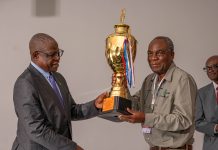

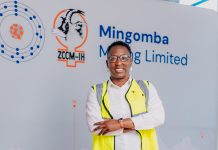







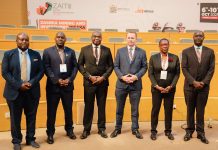




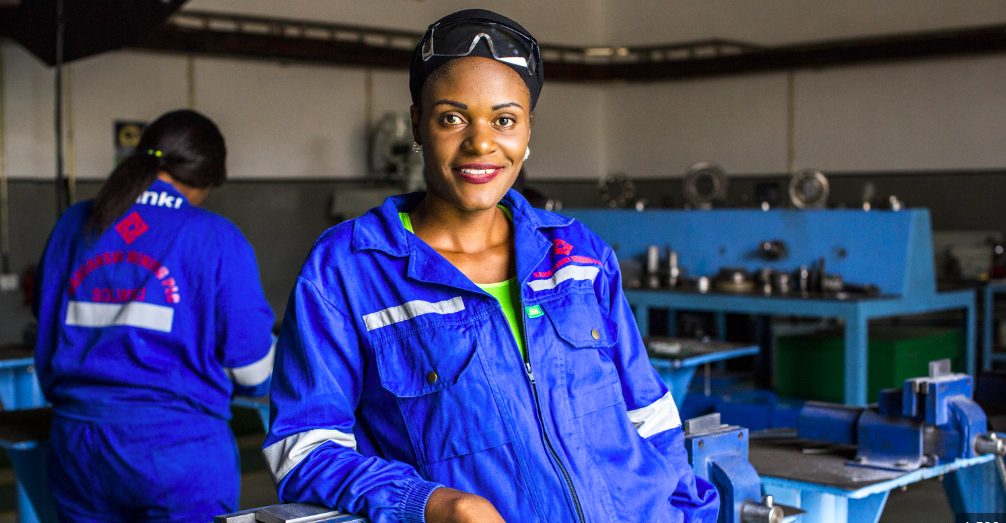

Is kwambula still running
This is amazing… hoping to study with kwambula one day💥
You’re doing great things, how can I come in,but I not worked in any mine before
When Is the next intake?
I can love to be part of this program
How can I, apply at this institution??